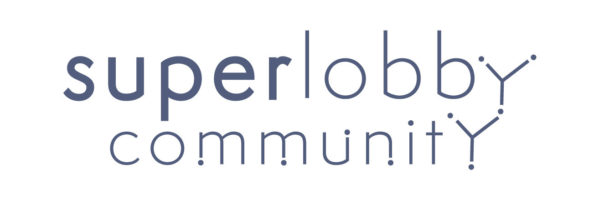
In my first years as a lobbyist, I used to think that demonstrations or picketing used to be an utter waste of time. “Why don’t these people hold a crowdfunding and hire a lobbyist?” I came around to such thinking and believe that demonstrations, picketing and other forms of activism are effective ways of building up societal pressure and forcing change. Over the last two years, I also had the chance to contribute to more activist advocacy campaigns. Let me share with you what I learned about building societal pressure.
Don’t use it as a last resort
Demonstrations often are the last resort when everything else has failed. This is a mistake. When a file has run its course, you are not going to build up societal pressure to overturn a decision or make the government make a U-turn. Instead, plan your actions somewhere at 3/4th of the file, leaving enough time and space to navigate and tweak. Remember, you need the same government and government officials to draft your desired outcome. They also adhere to their own dynamics and internal procedures. Even if they are willing to help you out, you need to have enough time for the inner mechanics to be able to do their magic. But more importantly, if you plan your actions at the end of the campaign the governments will know that it’s a hail mary. Instead, if you time it better, the government will think; “what else can we expect?”.
Partner up
You need to partner up with as many organisations or influential individuals as you can. Your own firing power will wear off after a couple of days and you will need to fight the battle by proxy. Moreover, some organisations and individuals simply have more clout (and followers) than you. Find those organisations and make sure they are on board. Form an app group if needed.
Use national media
While getting media attention at the national level is a blog in itself, for now, it is simple enough to understand that you need to go national. You will not be able to make a dent with news in your local newspapers or with a couple of tweets. Hell, even hundreds of tweets will not help you. You need to find a way to reach millions and only national media do that.
[Like this blog? Sign up for my newsletter to get similar context every week!]
The Power of the Hashtag
In 2021 I was part of a small gang led by Jan Schoonis. Frustrated by the absence of Europe in the Dutch election campaign we took it upon ourselves to change this using the hashtag #EUolifant. Referring to the elephant in the room. To much of our own surprise, we managed to reach the likes of the Economist and the Financial Times and feature in all Dutch media outlets. More importantly, the campaign managed forced politicians to talk about the EU during the debates. More recently I was part of an effort to stop Public Transport in the Netherlands to be cut by 30%. We used the hashtag #methetOV (something like we stand with our Public Transport). For one morning we managed to become a trending topic in the Netherlands. Intuitively it is clear that in order for a hashtag to become a political force it needs to contain the following elements; It must be short, simple and clear.
This sounds counter to my previous point but it helps if hashtags trigger curiosity. Most of the hashtags don’t spell out the cause they represent.
They must not have a clear “owner”. For hashtags to become really a phenomenon people should not merely like the hashtag but also claim ownership of it. By being no one’s, they are everyone’s.
Hashtags don’t produce emotions, rather they tap into emotions that already exist. They must tap into a larger feeling that already exists.
Problematize your cause
You need to go big and bold. While every case has pros and cons, if you want society to care there can be no nuance. There must be a clear and present danger and something needs to be at stake. Also, make sure the message is conveyed by the “end-beneficiary or end-consumers” that will be affected. Think of patients, not hospitals, workers not companies, students not schools”. The media wants to see how individuals are affected. They don’t want to hear a paid lobbyist or spokesperson doing the talking.
Keep your eye on the prize
When in the midst of a high-profile case that attracts a lot of (media) attention you can become euphoric about the ride. You will also start receiving a lot of compliments for the visibility of your actions. Don’t forget that all the media attention of the world will do you no good unless you get the outcome you were after initially.

